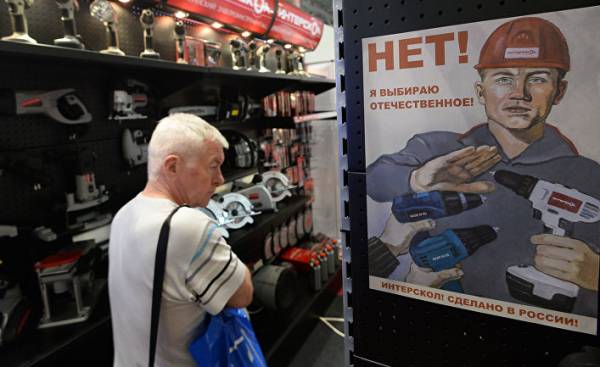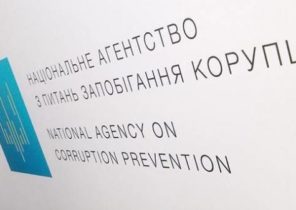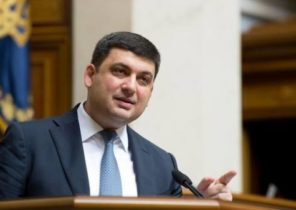
When last November it became known about a victory of Donald trump in the presidential election in the United States, Russian officials almost did not hide their joy. They were convinced that the new President will end the isolation of Russia from international markets.
“The sanctions will be lifted before the end of the year, I guarantee it,” said one of them after a couple of glasses of wine at a Christmas party near the Kremlin.
However, after the first visit Rex Tillerson (Rex Tillerson) to Moscow as Secretary of state of the United States, in which he condemned the low level of trust between the two countries, optimism has given way to the unpleasant suspicion that the policy of Mr. trump against Russia may be no friendlier than its predecessor. However, entrepreneurs and financiers noted that the Russian economy has begun to recover without the help of the new President.
“Let’s see on how many fronts he is fighting, — says Yuri Soloviev, first Deputy President of VTB, the second largest Russian state Bank, is also placed under American and European sanctions. He wants to make a lot of different things, and Russia clearly ceased to be direction, the problems which can be easily solved”.
When Mr. trump took in January the presidency, many in the American business community thought that he will scale back U.S. sanctions imposed over the Ukrainian conflict in 2014. First and foremost this applied broad sanctions against the financial sector and oil exploration in the Arctic.
Now that optimism is “fading away,” said a senior banker with experience in Moscow, to discuss the question of sanctions with the administration of the trump.
“None of us expected such rage and such hysteria around everything connected with Russia”, — he said, speaking about the revelations and suspicions regarding the contact of people from the entourage of Mr. trump with Russia. The scandal has already led to the resignation of Michael Flynn (as Michael Flynn), first Counsellor Mr. trump national security, and continues to gain momentum in Washington.
“We joke that it is now clear, how can you dismiss from the administration any officer, — tells g-n nightingales. — Just ask the Russian Ambassador to call him and say, ” Sorry, wrong number.” Call intercept. Then pour it in the press — and the dismissal”.
In the end, the mood has radically changed. Investors in Moscow and in the United States is now called the main threat to the Russian market a new round of sanctions.
The foreign Ministers of the “Big seven” this week rejected the offer of Britain to impose sanctions against Russia in connection with the use of chemical weapons by Syria. However, the changeable relation of Mr. trump to Damascus, a key ally of Russia in the middle East, and a political scandal around the investigation of the relations of his election headquarters with Russia, which leads the Congress, preventing investors with confidence to predict what will be his next steps.
“I believe that trump has demonstrated its ability to hastily renounce friends or potential friends, if they are uncomfortable — said a supporter of trump Steven Dashevsky (Steven Dashevsky), the founder of specializing in Russia of the Fund Dashevsky & Partners. However, he described a change in atmosphere rather than as “emotional disappointment” than as “a great loss for business.”
Mr. Soloviev, a sincere fan of Mr. trump, added that VTB, which sanctions fail to attract Western funds more than 30 days, these punitive measures are generally irrelevant.
“We now have more liquidity than we need, he says. — Most investors we have returned.”
Due to the recession following the sanctions, many foreign banks reduced their activities in Russia — and as a result missed the last year’s boom in the Russian market, said Mr. Solovyov. “At some point, our market share of all investment banking services ranged from 50% to 70%. It was very unusual and led us excited,” he says.
It is possible that sanctions have lost the chilling effect that has turned Russia into a no-go area for Western capital. After last year’s rebound in the stock market and the accompanying boom of the Russian corporate Eurobonds, which is considered one of the most lucrative in emerging markets, investors began to return.
Russian government ruble bonds known as OFZs, have also attracted foreign investors, which now account for 30% to 40% of the market — more than before the sanctions.
Citibank’s chief economist for Russia Ivan Chakarov believes “generally accepted fact” that things are now Russia is doing very well. “They have macroeconomic stability and recovery, although fragile, he says. — Given the low yields in global markets, Russia still looks attractive”.





